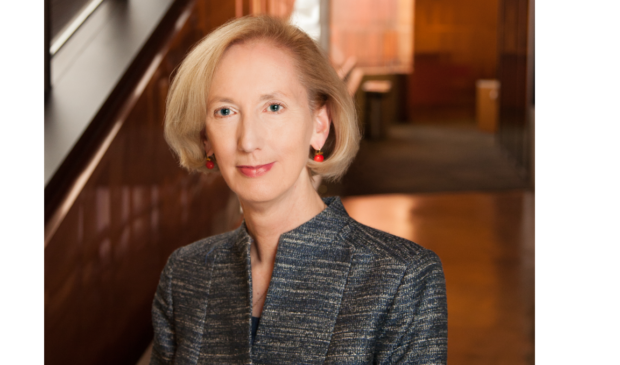Before passing baton, Kitchen reflects on eight years in the housing trenches
Tuesday, December 27, 2022 by
Kali Bramble In her eight years on Austin City Council, Ann Kitchen has navigated both the thrills and the growing pains of the second-fastest-growing city in the country. Kitchen has spent 2022 refining policies she hopes will continue to address Austin’s housing crisis well after her departure, when she’ll hand over the reins of District 5 to incoming Council Member Ryan Alter.
Part of that legacy is the Housing-Focused Encampment Assistance Link Initiative, or HEAL program, born in the aftermath of the reinstated camping ban as an alternative to criminalizing homelessness. Since its inception in 2021, the program has given 409 people a path to housing, offering temporary shelter at two reconverted hotels and assistance transitioning into something more permanent.
“I think HEAL has been successful as one piece of our response to the (housing) crisis, but it needs to be taken to scale,” Kitchen says. “Right now it’s funded to help 200 people a year, and I don’t think that’s enough. We have found, though, that almost 90 percent of people offered this option take it.”
As for making it all the way through, Kitchen acknowledges there are still details to iron out: 48 percent of those who enter HEAL have left before securing permanent housing, a rate she hopes can improve as the program reduces wait times at bridge shelters, currently averaging four to five months. Of course this will take more units, like those offered at the newly renovated Goodrich Place, which just this year has brought 120 deeply affordable and sliding-scale public housing units online.
“The biggest issue has been the process of getting affordable units built, which has gone more slowly than we thought,” she says. “But with the passage of this $350 million affordable housing bond, I’m excited about more money going toward that effort.”
Elsewhere on the housing front, Kitchen is optimistic about Project Connect’s $300 million anti-displacement budget, set aside to resist further gentrification along light rail and MetroRapid corridors planned for North Lamar, South Congress, Riverside and Pleasant Valley. Staffers are currently working to fund a range of neighborhood-specific needs, including rental assistance, home repairs, small business support and affordable housing projects. The approach, called equitable transit-oriented development, or ETOD, will return for discussion in February, when the new Council will consider the planning process and zoning changes.
Following conversations spurred by the pandemic and George Floyd protests of 2020, Kitchen has also been rethinking the city’s approach to mental health crises. The result is the Austin Cares program, which places mental health professionals alongside 911 response teams to provide assistance while preventing escalation that can occur with an armed law enforcement response.
Kitchen is also excited about the launch of Austin’s Economic Development Corporation, devised to leverage funding to support creative spaces both new and old. Its first two projects, the Millennium Youth Entertainment Complex and 7,000 square feet of space at the city’s Permitting and Development Center, secured the green light from Council just this month. Also in discussion are efforts to preserve arts-scene holdouts like the Broken Spoke, which readers can expect to continue after the holidays.
Primarily, though, Kitchen hopes the next Council will carry the torch on housing, before more Austinites are priced out of their city for good.
“I don’t believe in trickle-down housing. Too often the conversation misses that there are different solutions for different income levels – we need more housing at levels that people can afford.”
The Austin Monitor’s work is made possible by donations from the community. Though our reporting covers donors from time to time, we are careful to keep business and editorial efforts separate while maintaining transparency. A complete list of donors is available here, and our code of ethics is explained here.
You're a community leader
And we’re honored you look to us for serious, in-depth news. You know a strong community needs local and dedicated watchdog reporting. We’re here for you and that won’t change. Now will you take the powerful next step and support our nonprofit news organization?











